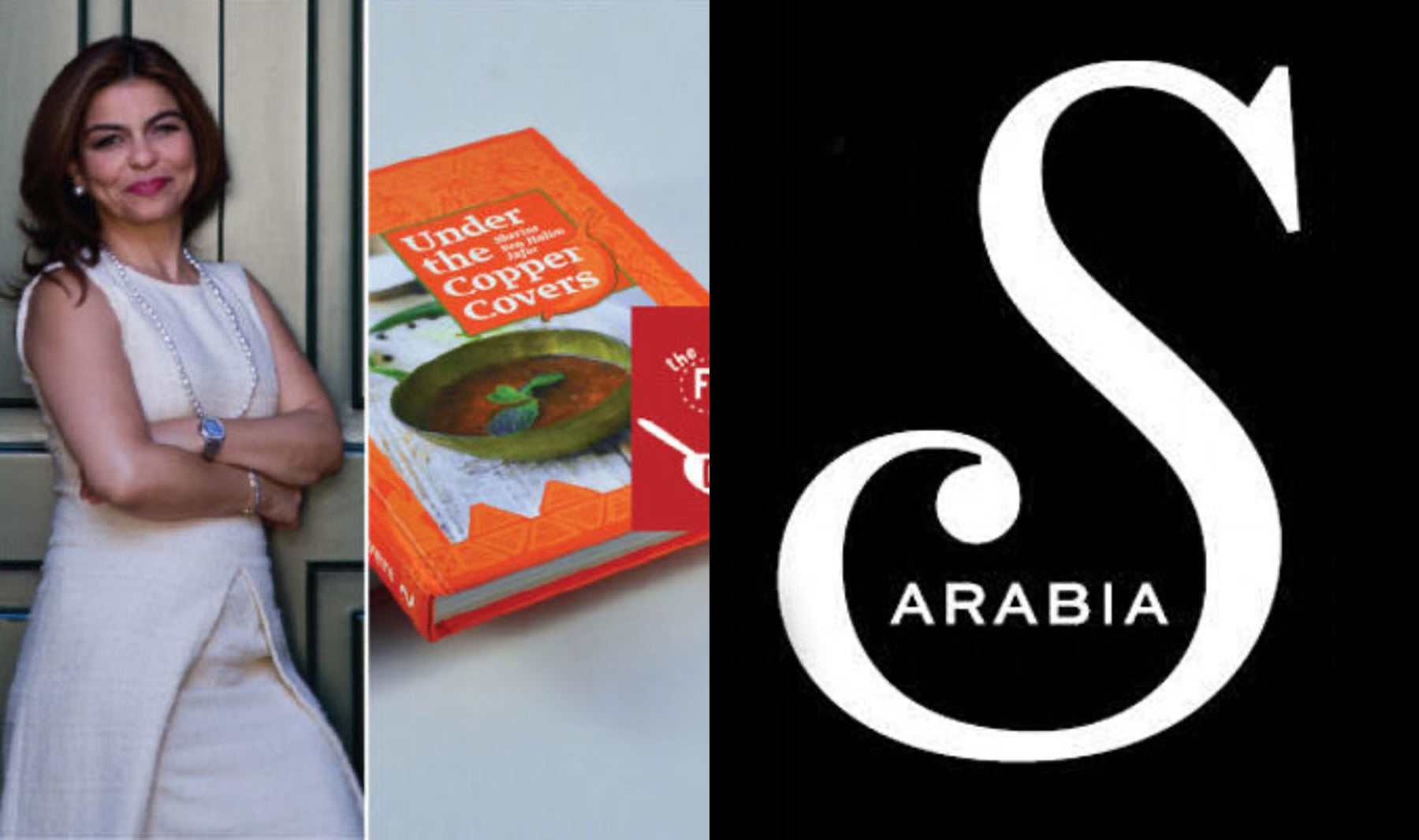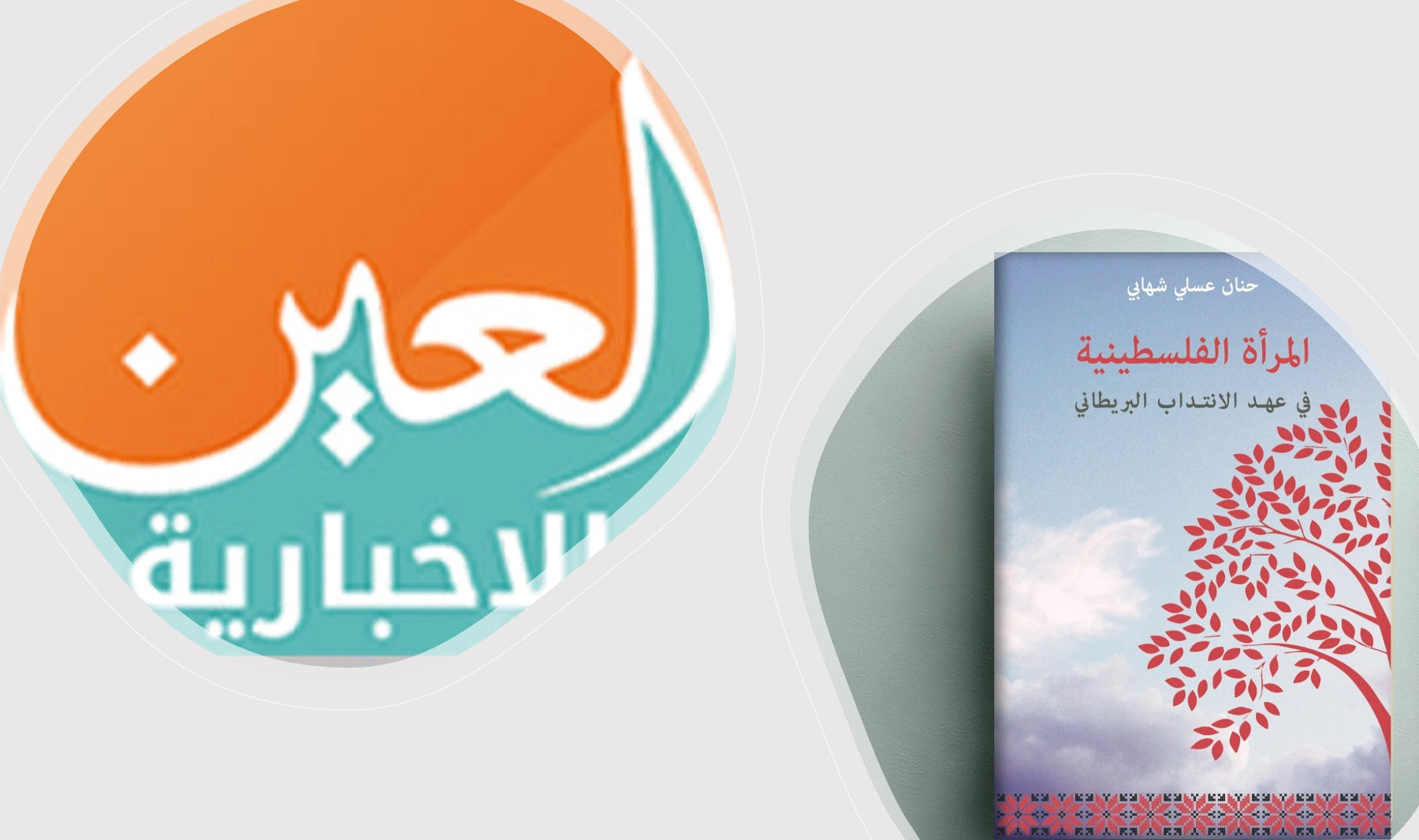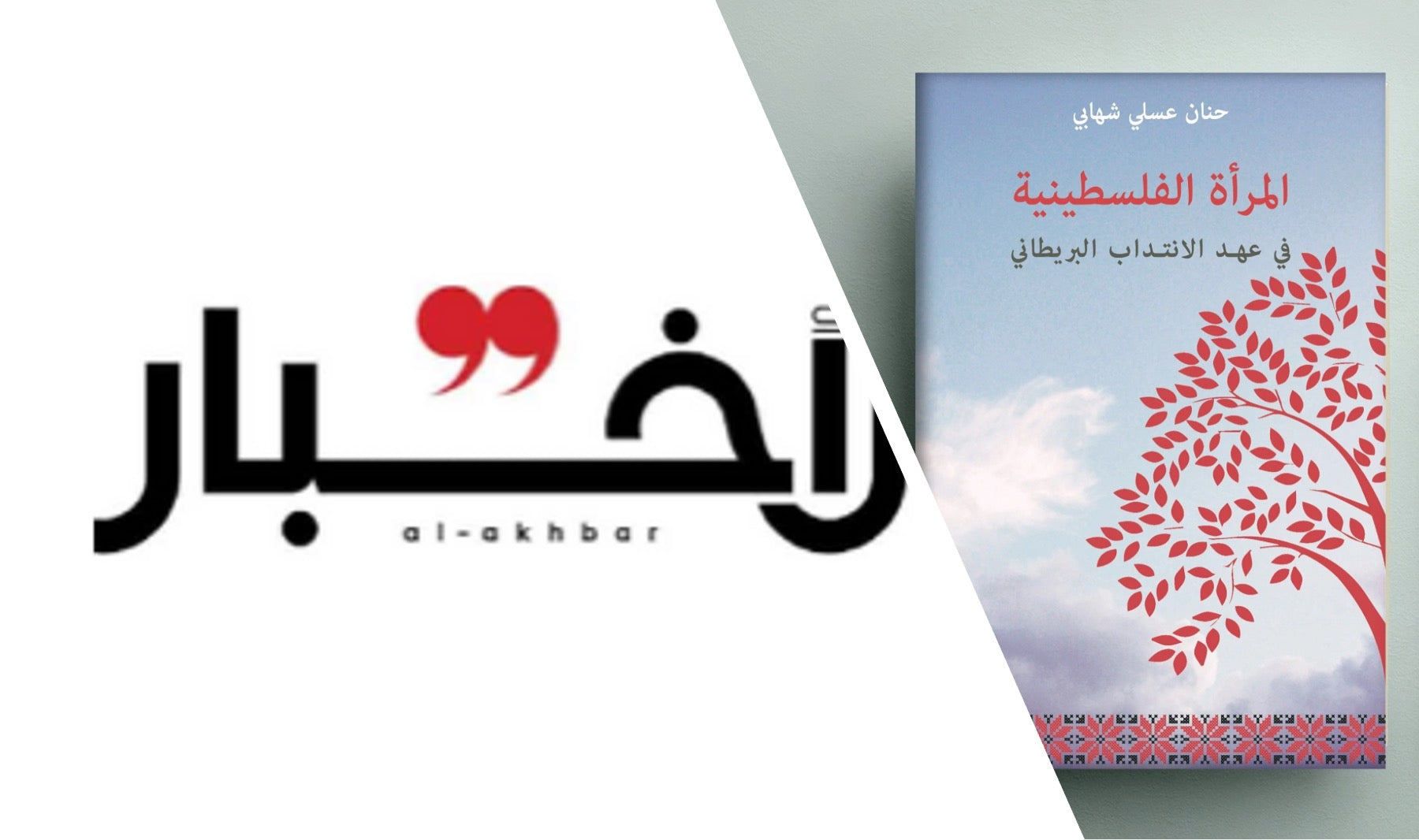
STYLIST ARABIA
The Power of Food is Magical
Exiled from her home country Libya, Sherine Ben Halim Jafar, author of a new Middle Eastern cookbook, struggled to find a sense of identity and belonging. She tells Stylist how she discovered herself through food.
Review by: Hannah Bass
"FOOD HAS ALWAYS BEEN THE PEACEFUL, HAPPY PART OF MY LIFE;
THE ONLY THING THAT PROVIDED ANY CONTINUITY"
I had a troubled childhood," says Sherine Ben Halim Jafar, author of new book Under the Copper Covers. "I'd lost trust in everything and lived in fear. The only time I felt happy was when I was in the kitchen with my mother."
To describe Sherine's childhood as troubled is an understatement. Her father, Mustafa Ben Halim, former Libyan prime minister and advisor to the king, was exiled from Libya when Gaddafi took power following the 1969 coup. Young Sherine and her family sought refuge in Lebanon and then, after a kidnapping attempt on her father, in London.
Under the Copper Covers is part memoir, part cookbook, a history of both Sherine's family and the food that sustained them through their trauma and provided a sense of home. "It was just a cookbook in the beginning," says Sherine. "But I felt that I had a story to write, of what had happened to us as a family. I wasn't sure how to marry the two until I realized that food has always been the peaceful, happy part of my life; the only thing that provided any sense of continuity throughout my childhood.
"In London, the only place that Libya was able to enter our house was through the kitchen," Sherine remembers. "We have a traditional drink, shay akhdar - Libyan green tea. When we drank green tea we were Libyan. But that was the only time we were allowed to be Libyan."
Learning to cook the foods of her homeland, such as abrak (stuffed vine leaves) and bazeen (a sort of barley cake served with meat, eggs and potatoes) was, she says, beautiful: "The smell stirred such senses and memories in me, and my father would be so proud and nostalgic if I made a Libyan dish. The power of food is magical."
Sherine says she never felt she could truly belong to London life. She found friends in other displaced Middle Eastern people - the Lebanese escaping civil war and the Iranians fleeing the 1979 revolution. "Like us," she says, "the only thing they had to hold on to, to feel joyous about and take pride in, was their food. Everything else was ugly."
Food was not just a way for Sherine to hold on to her Libyan roots; it helped her explore a broader Arabic identity. Through the kitchen she could claim her mother's Palestinian heritage, or her Syrian grandmother's roots by making dishes such as Syrian goulash (filo stuffed with creamy, ricotta-like cheese; pictured, left). When she married her Iraqi husband, she assimilated ‘Iraqiness' through learning to cook dishes from his home, such as kubbet mousil (minced meat pancakes) and kubbet halab (crispy, meat-stuffed rice shells).
"I always felt there was a part of me that was missing in London," says Sherine. "I felt a real affinity with being Arab."
It was her desire to live in an Arabic country again that led her to the UAE, which has been her home for 23 years. "Coming to
Dubai was like a gift," she says. "Finally I could live in a beautiful Arab country and feel safe. In the other countries I'd visited, like Egypt or Morocco, there were always issues because they were too close to Libya. In Dubai, there was no fear - it was a safe haven for me while Gaddafi was still in power."
It was only after the fall of Gaddafi in 2011 that Sherine could return to Tripoli, some 42 years since her family had been forced out. "It was euphoric," she remembers. "There was something about smelling that air, seeing that sea, and being among the Libyan people that just felt like coming home.
"I feel strongly Libyan now that we have been freed and I can come out and say where I'm from," says Sherine. But, she adds, "There's a part of me everywhere," in the melting pot of other Middle Eastern cultures that have helped to form her sense of identity.
And that's why the recipes in Under the Copper Covers are divided between six countries. "Each country represents a part of my identity, and each recipe is a part of my inheritance," says Sherine. "Libya is what I was born to; Palestine is where my mother comes from; Iraq is where my husband's father comes from; Lebanon is where my husband's mother comes from, and where we once took refuge; Syria is where my grandmother comes from; and Iran represents the friends I had in London when I didn't have Arab friends."
To write the recipes, Sherine invited women from each country to come and cook in her kitchen. "All the recipes in the book have been inherited by my friends from their mothers and grandmothers," she says. In turn, Sherine hopes that the recipes will become part of her children's inheritance."I want them to be proud of the fact that they have all these heritages," she says. "I think they're lucky."
Under the Copper Covers by Sherine Ben Halim Jafar is available now by Rimal Books.
STYLISTARABIA.COM


